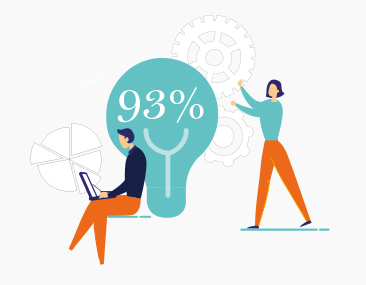Planning for retirement
Whether you want to travel the world, learn a new hobby or simply spend more time with your loved ones, planning early on will increase the chances of you enjoying a comfortable and fulfilling retirement.
Some of the questions to think about include:
- When do I want to retire?
- What do I want to do in retirement?
- How much money do I need to retire?
- Do I want to leave a financial legacy for my loved ones?
We can help you consider your priorities, calculate your projected retirement pot, explain how much you need to save, and put a financial plan in place to help you achieve your goals.
With several pensions rules changing – including the abolition of the lifetime allowance and increase in the annual allowance – it’s really important to keep on top of pensions and retirement planning.
Saving for retirement
Understanding the best way to save for retirement can seem confusing. Pensions are a highly tax-efficient way of saving for retirement, but ISAs and other savings and investments can be important too.
We can guide you through your options and advise on a retirement savings plan that works for you.
Making the most of your allowances
We can help you:
- Understand what the abolition of the lifetime allowance means for you
- Use your pension annual allowance
- Navigate the tapered annual allowance
A plan that suits your needs
We can help you:
- Decide whether to combine your pension pots
- Build a diversified investment portfolio
- Understand the impact of delaying retirement
- Use other savings vehicles, such as ISAs
Taking income in retirement
There is a lot more flexibility when it comes to drawing income from your pension than there was in the past. Some of your options could include buying an annuity, taking pension lump sums, going into income drawdown, or a combination of all three. ISAs and other savings and investments could also be an important source of income in retirement.
We can guide you through your options, show how long your pension pot is likely to last, and explain how much you can afford to withdraw each year. That way, you’ll feel confident that your retirement savings will go the distance.

